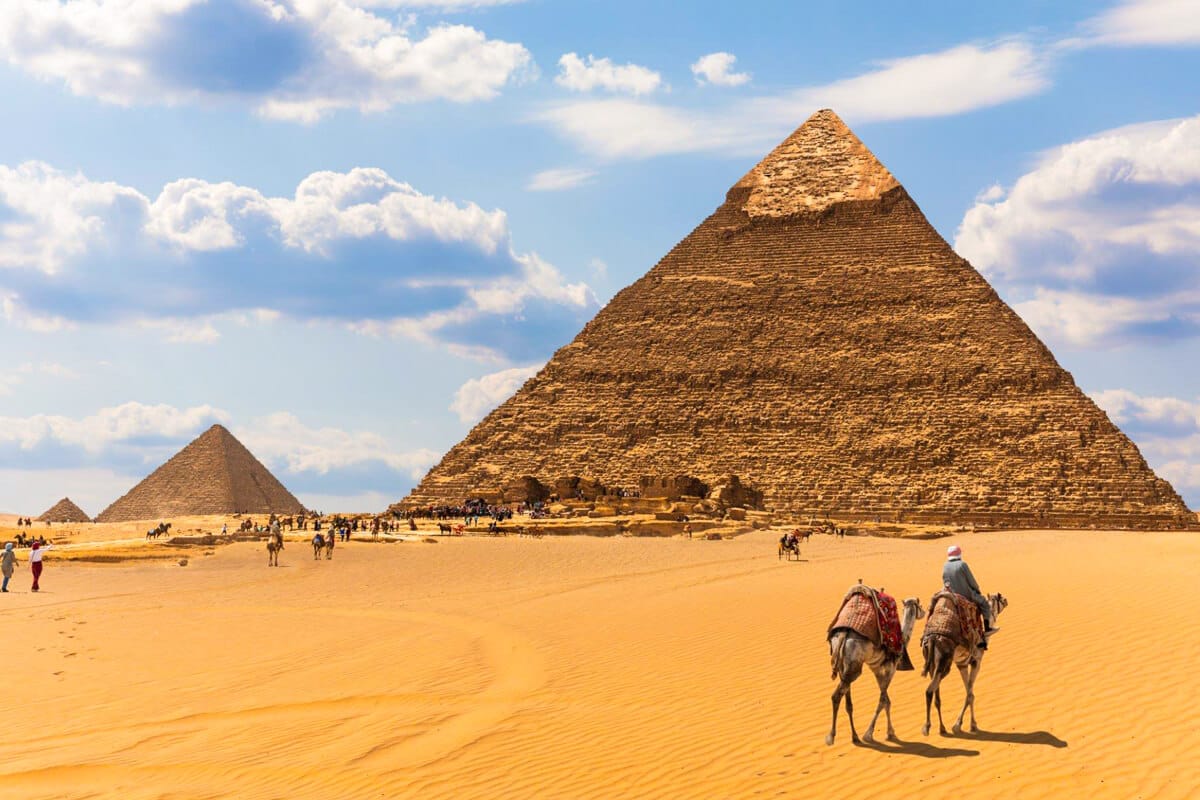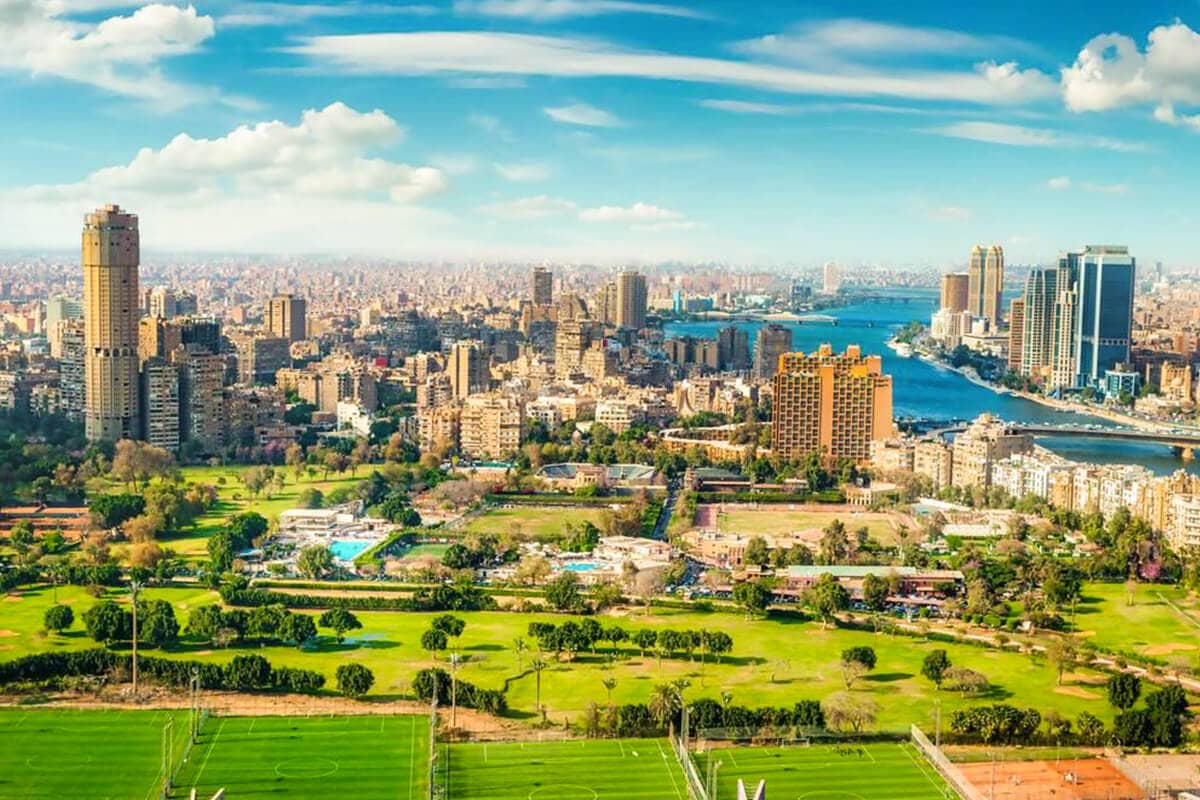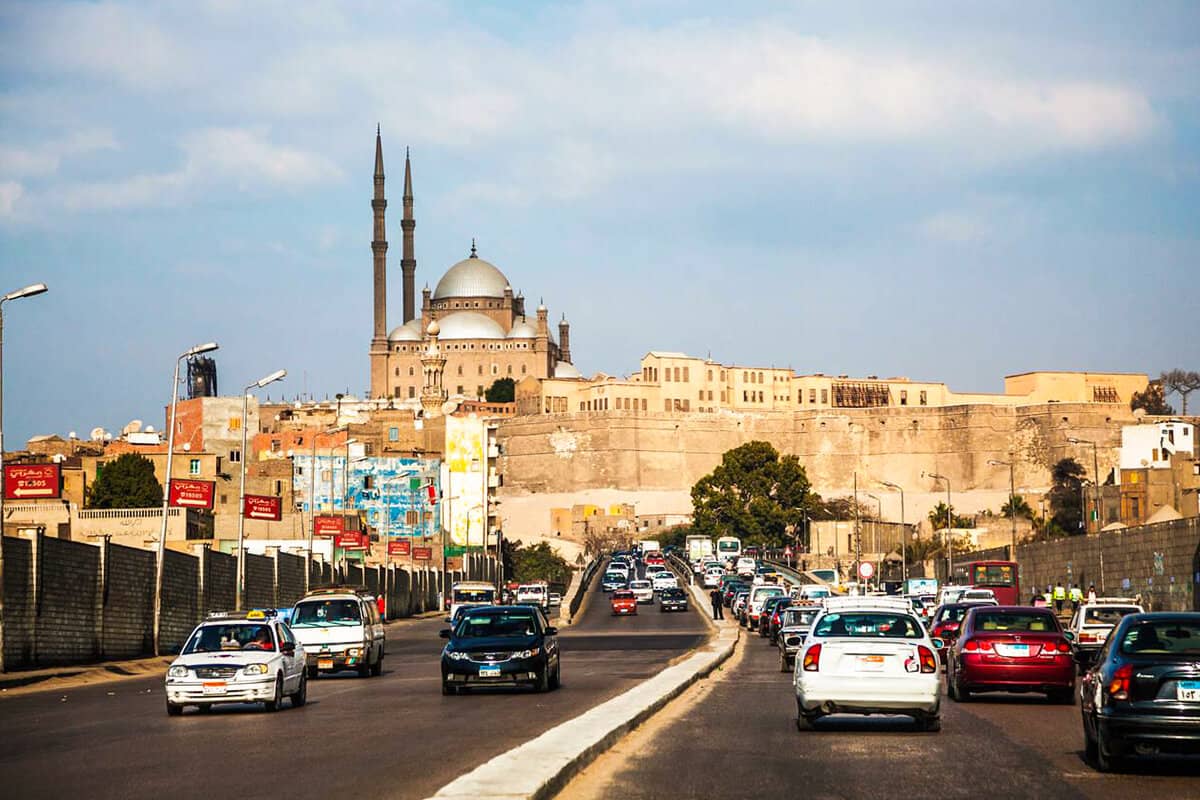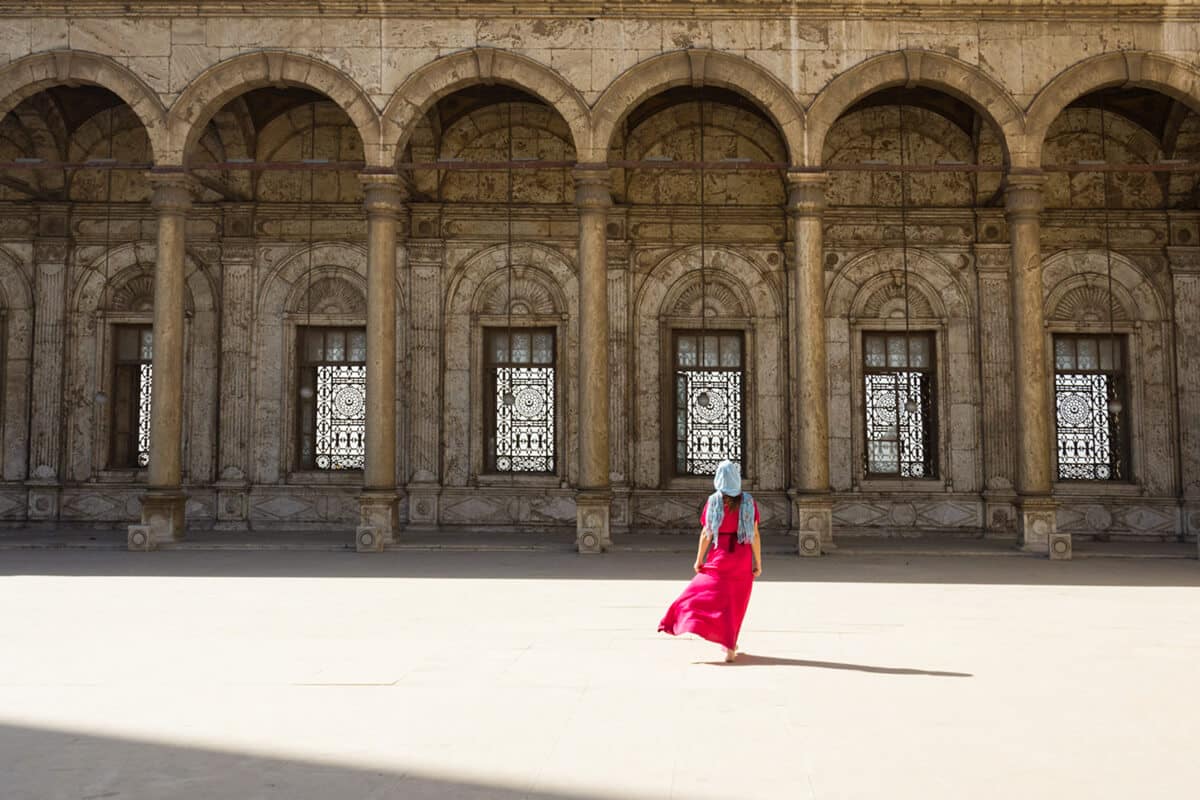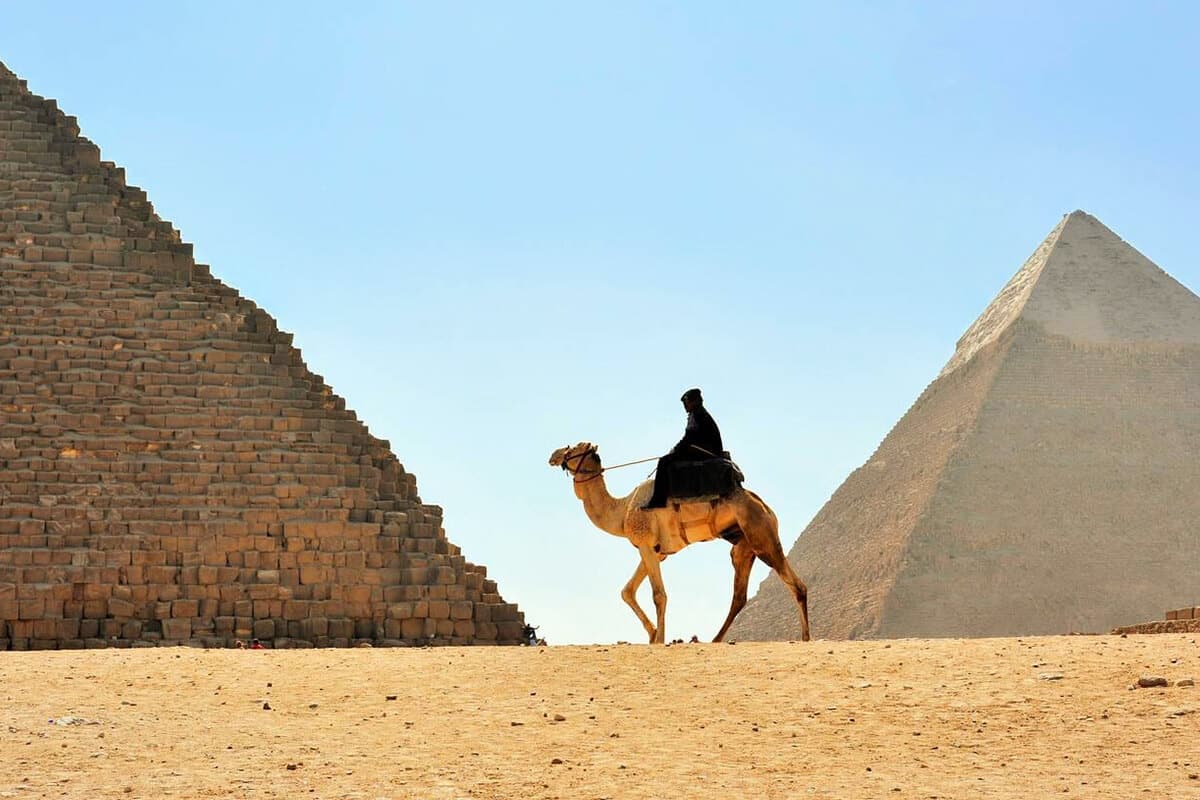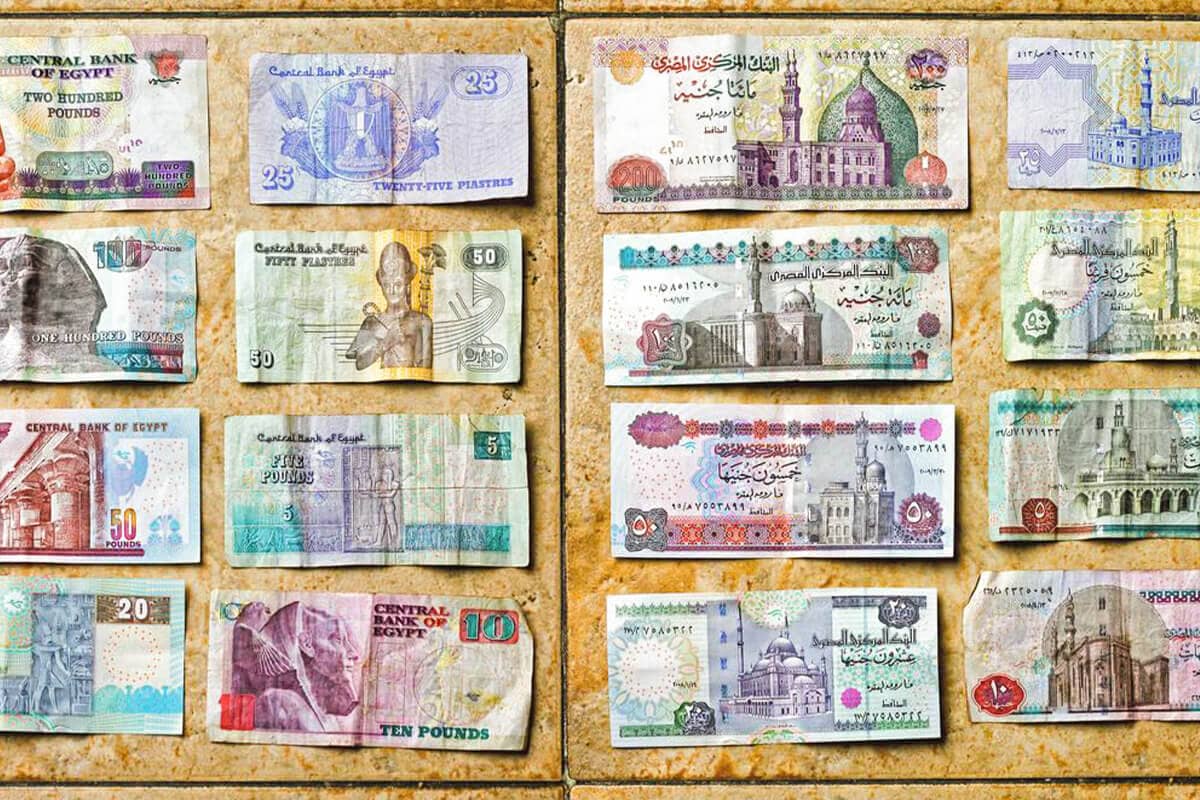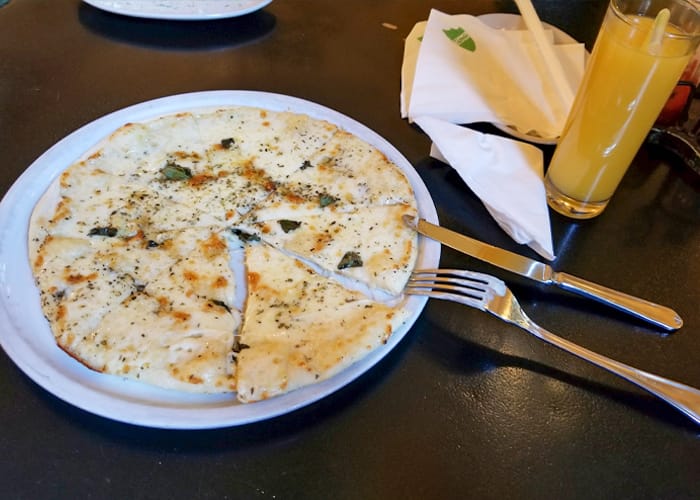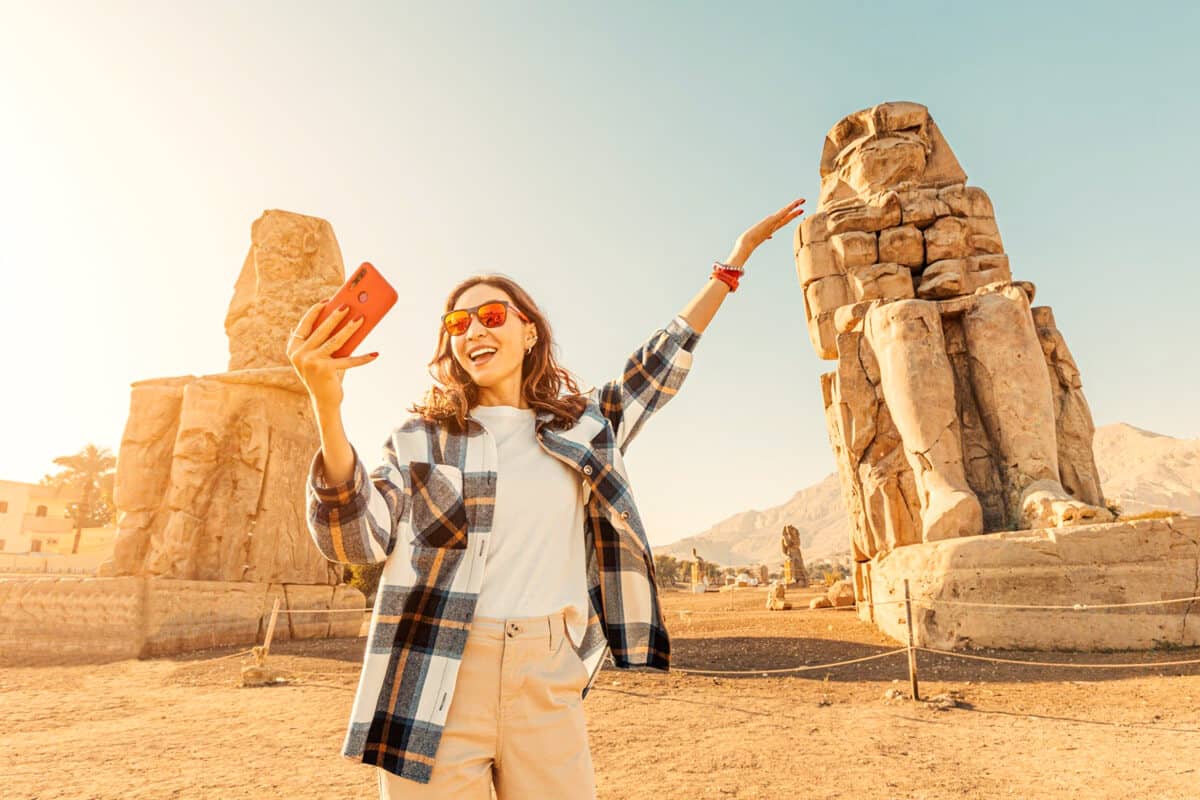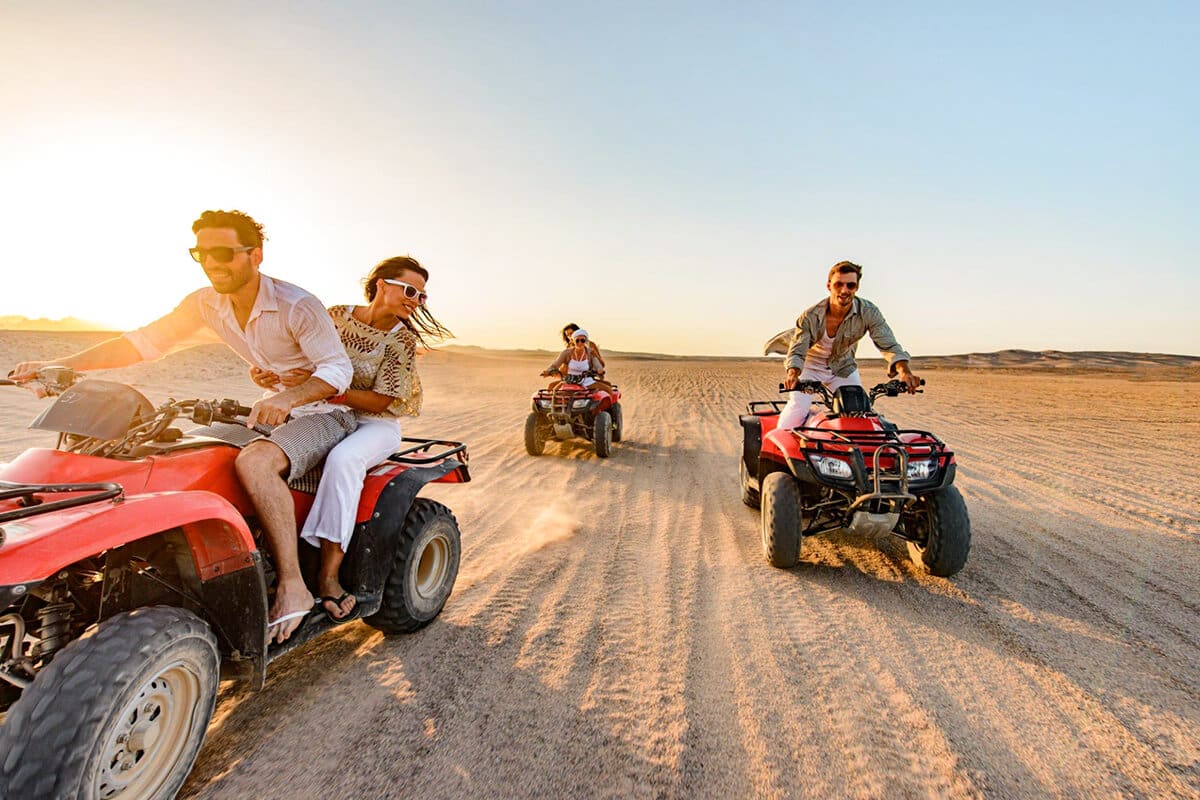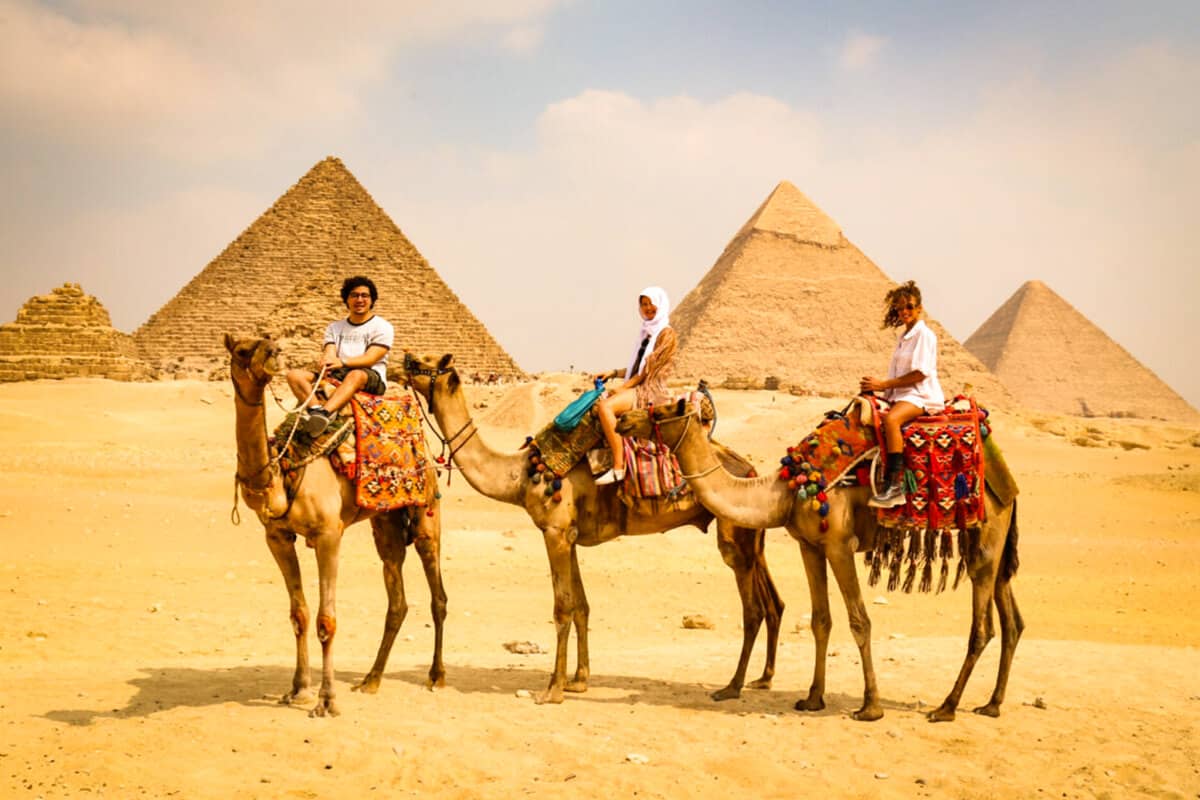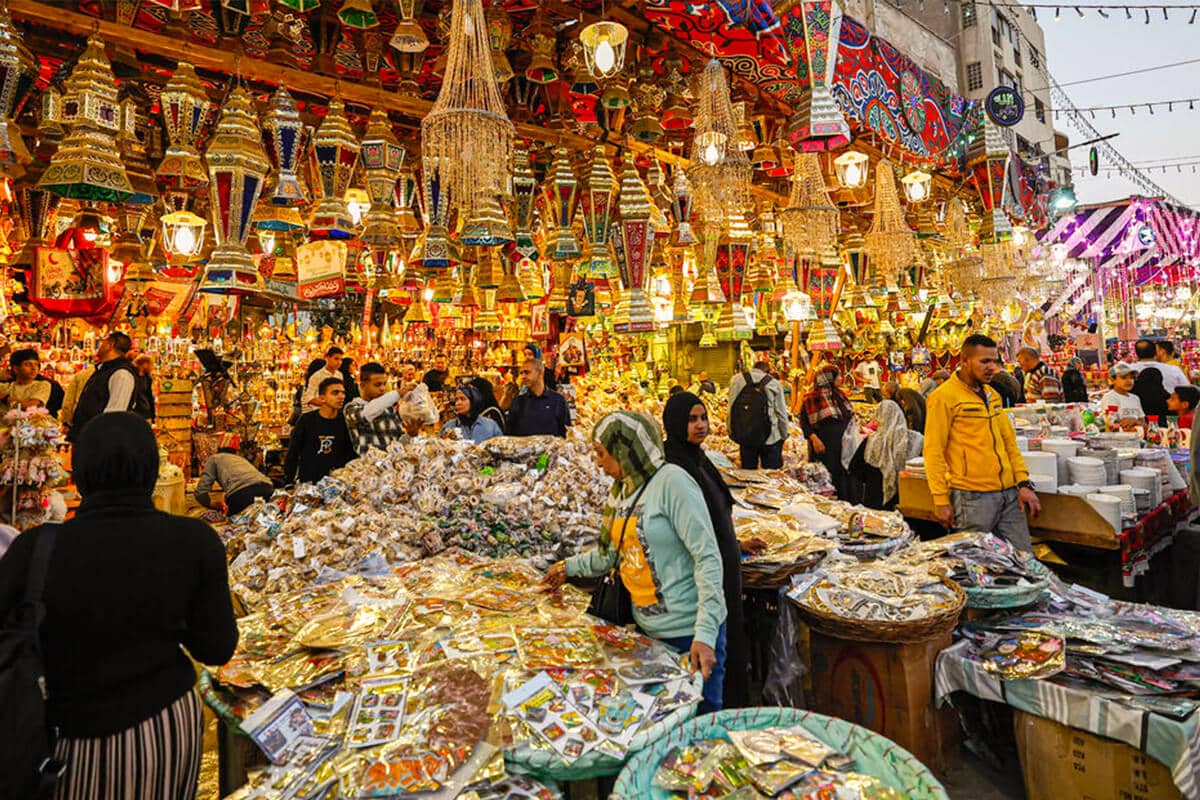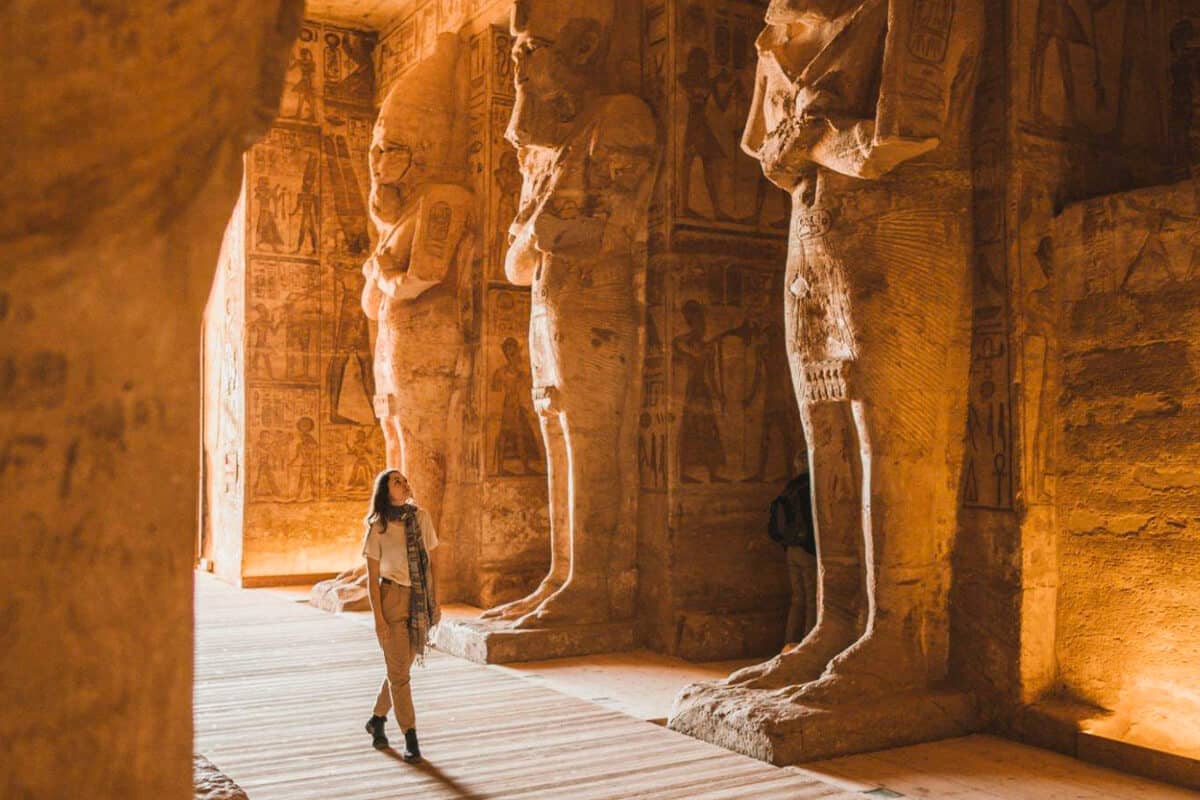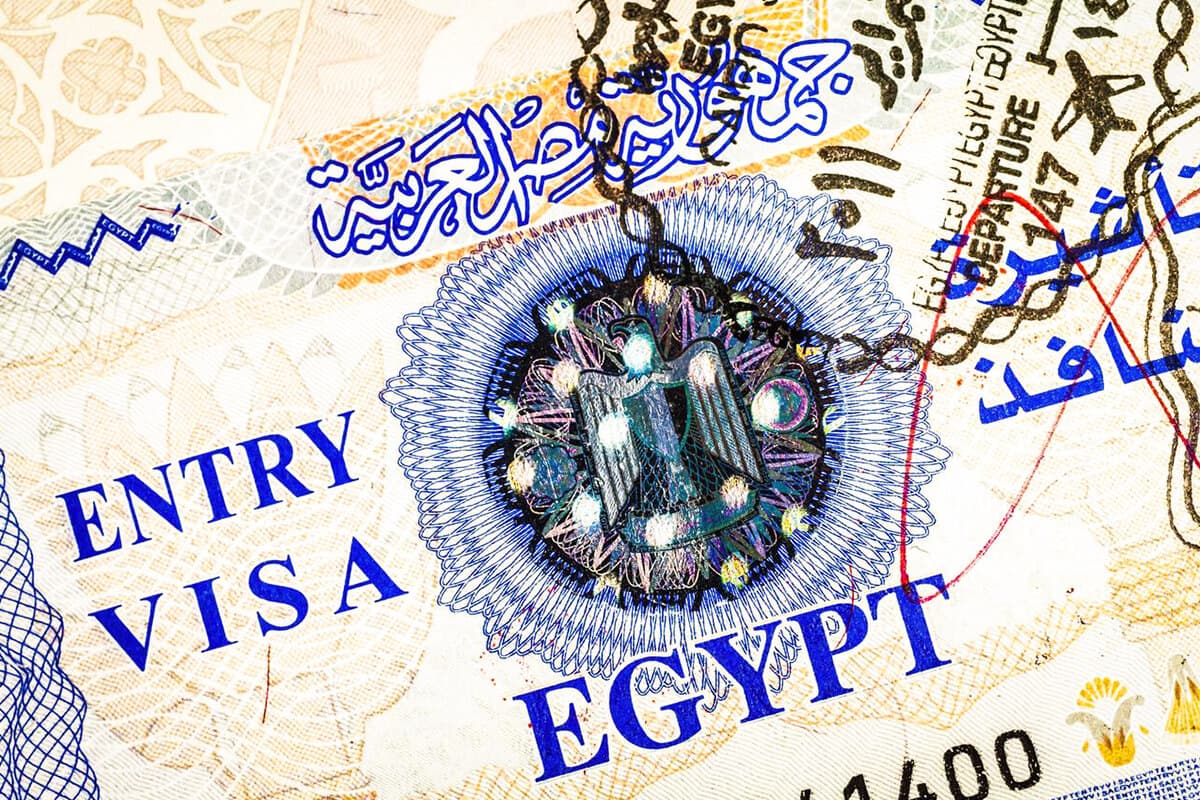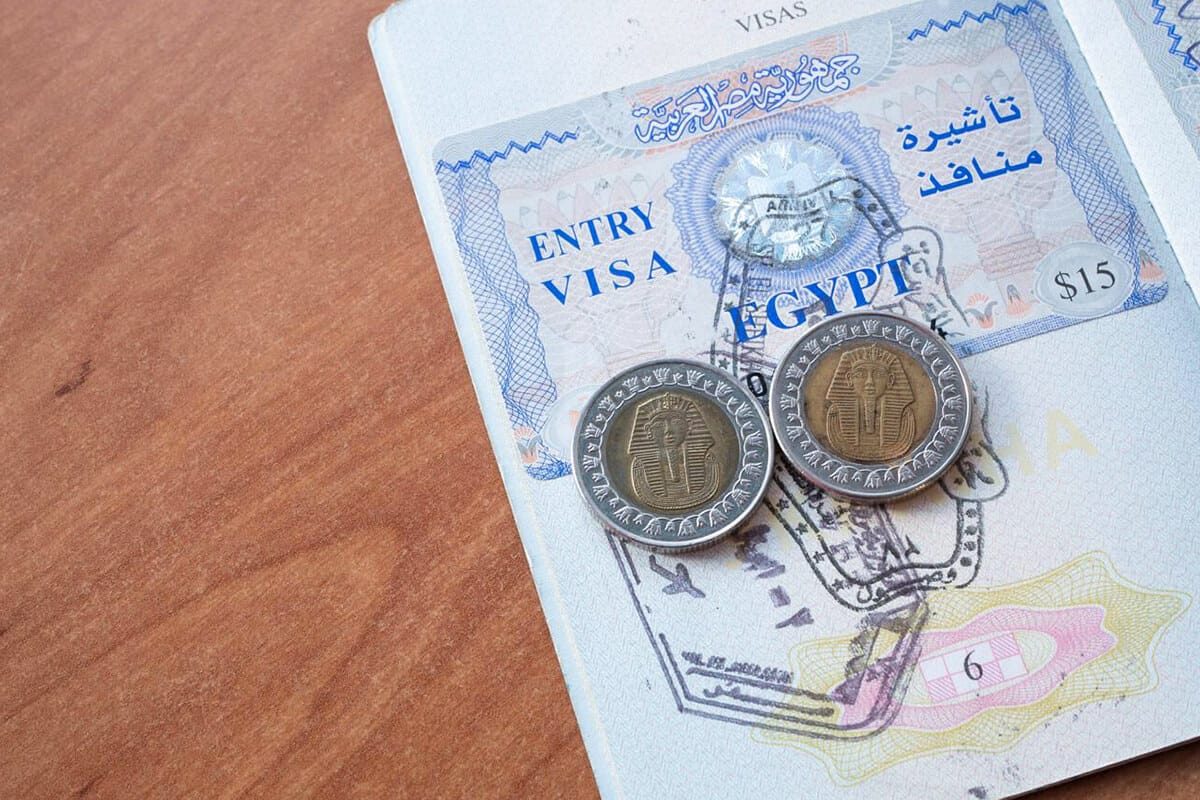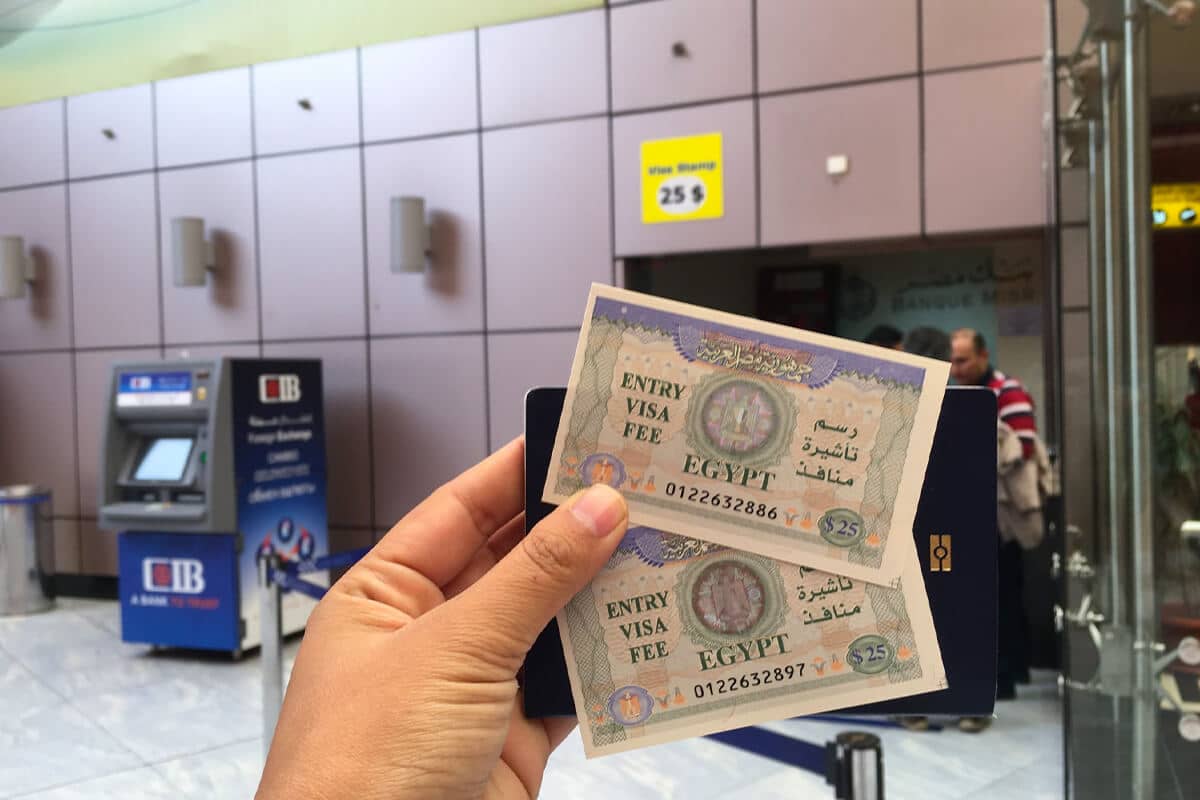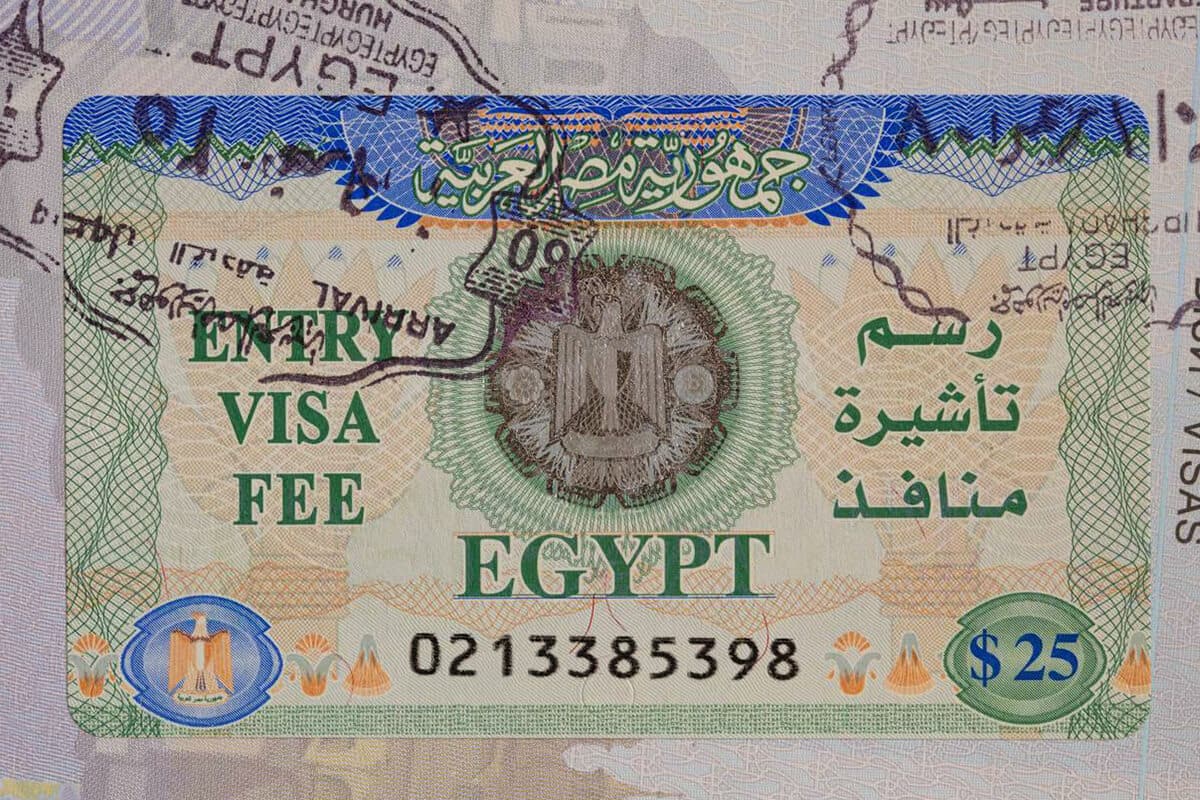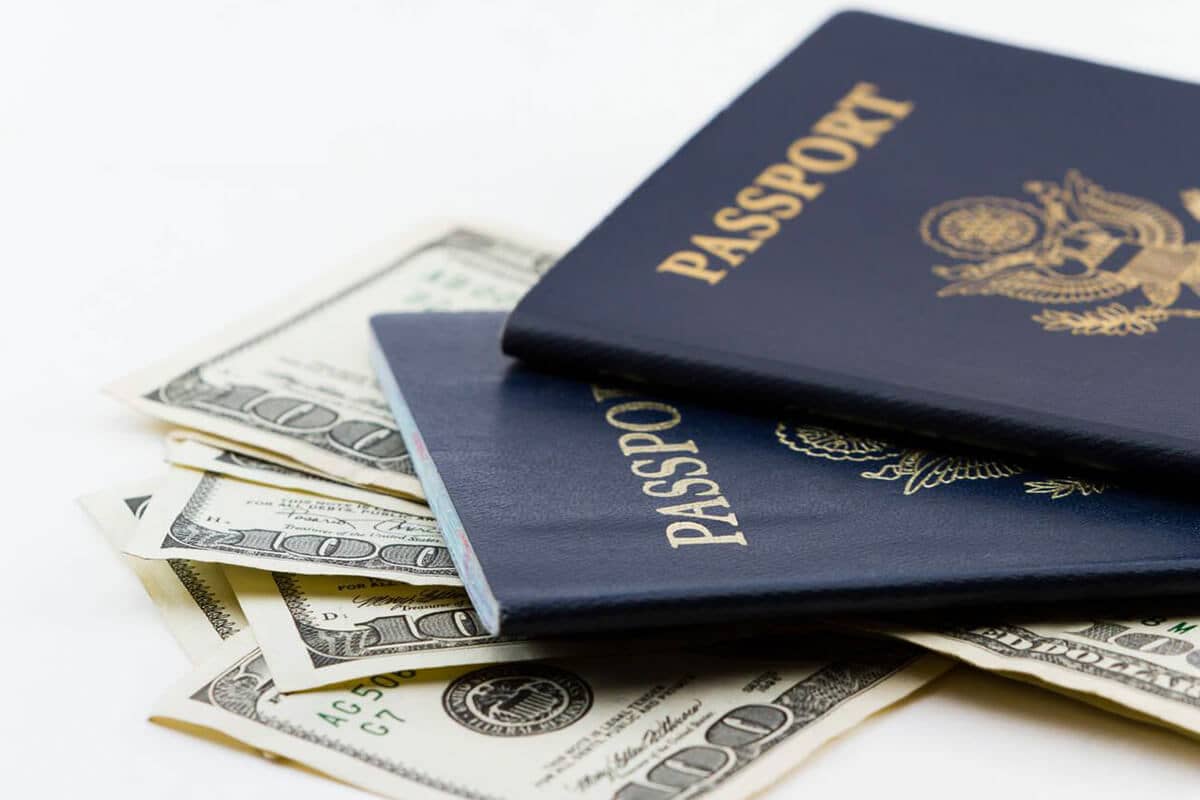Alexandria holds immense significance as a travel destination, attracting visitors from all around the world. Its rich historical legacy, dating back to the time of the pharaohs and encompassing the Hellenistic, Roman, and Islamic eras, makes it a treasure trove for history enthusiasts. The city is renowned for its iconic landmarks, such as the Great Library of Alexandria, the Citadel of Qaitbay, and Pompey’s Pillar, which offer a glimpse into its glorious past.
Beyond its historical allure, Alexandria boasts breathtaking coastal views and pristine beaches that provide a refreshing escape from bustling city life. The Mediterranean climate, with mild winters and warm summers, makes it an ideal year-round destination for travelers seeking a beach holiday.
Moreover, Alexandria’s unique multicultural heritage adds to its charm. The city has been influenced by various civilizations throughout its history, resulting in a fusion of Egyptian, Greek, Roman, and Arab cultures. This blend is evident in its architecture, cuisine, and vibrant local markets.
Exploring the History of Alexandria
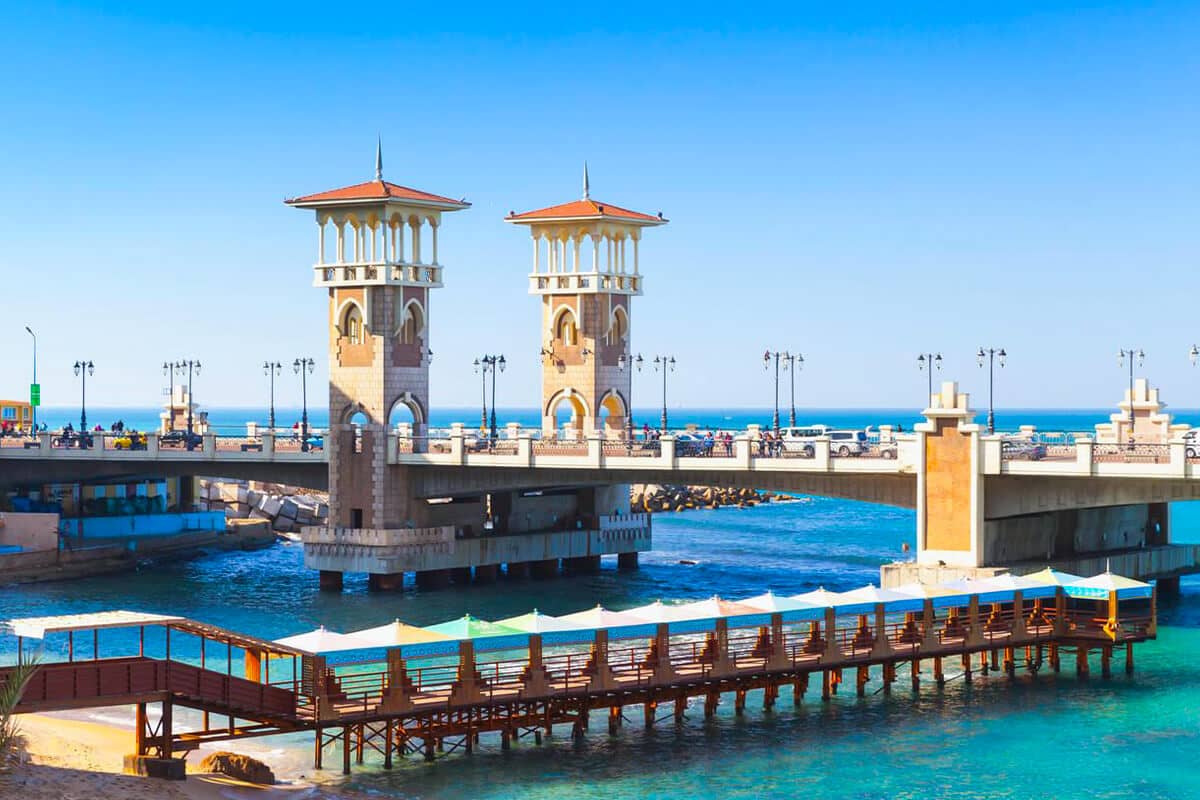
A. Ancient origins and the founding of Alexandria
Founded by Alexander the Great in 331 BC, Alexandria was intended to be a center of Hellenistic civilization. Its strategic location on the Mediterranean coast facilitated trade and established it as a prominent port city. The blending of Greek and Egyptian cultures shaped its unique character and set the stage for centuries of cultural exchange and intellectual growth.
B. Key historical landmarks and attractions
- The Citadel of Qaitbay: Built on the site of the ancient Pharos Lighthouse, the Citadel of Qaitbay is a medieval fortress that offers panoramic views of the city and the Mediterranean Sea. It stands as a testament to Alexandria’s strategic importance throughout history.
- Pompey’s Pillar: This towering column, standing at around 27 meters, is a testament to the Roman presence in Alexandria. Pomey’s Pillar, erected in honor of Emperor Diocletian, is a remarkable architectural landmark withstood the test of time.
- Catacombs of Kom El Shoqafa: These underground tombs date back to the 2nd century AD and reflect the merging of Egyptian and Greco-Roman funerary traditions. The catacombs of kom el shoqafa feature unique architectural elements and intricate artwork, making them a captivating historical site.
C. Top Modern Attractions in Alexandria
- Bibliotheca Alexandrina: The Bibliotheca Alexandrina is a modern architectural marvel that pays homage to the ancient Great Library. It is a hub of knowledge and cultural exchange, housing millions of books and manuscripts. Visitors can explore its impressive collections, attend cultural events, and admire its stunning design, including the expansive reading rooms and the planetarium.
- Montaza Palace and Gardens: Located on the eastern edge of Alexandria, Montaza Palace offers a tranquil escape from the city. The palace was once a summer residence for the royal family, and the well-manicured gardens feature lush greenery, beautiful flowers, and stunning views of the Mediterranean Sea. Visitors can stroll through the gardens, relax by the beach, or visit the royal palaces within the complex.
- Corniche and Stanley Bridge: The Corniche is a picturesque waterfront promenade that stretches along Alexandria’s coastline. Lined with cafes, restaurants, and shops, it offers a lively atmosphere and breathtaking views of the Mediterranean. A highlight of the Corniche is the Stanley Bridge, an iconic landmark connecting the city to the Qaitbay Citadel. Visitors can enjoy a leisurely walk across the bridge, enjoying the scenic beauty of the town and the sea.
- Alexandria National Museum: A visit to the Alexandria National Museum is necessary for a deeper understanding of Alexandria’s history. The museum showcases many artifacts spanning Egypt’s ancient, Hellenistic, Roman, and Islamic periods. The museum provides a comprehensive overview of Alexandria’s rich heritage, from intricate sculptures to intricate jewelry and antiques from the sunken cities of Heracleion and Canopus.
D. Insight into the city’s multicultural heritage
Historically, Alexandria has been a melting pot of cultures, influenced by Greek, Roman, Byzantine, and Arab civilizations. This rich multicultural heritage is evident in the city’s architecture, traditions, and cuisine.
The Greek influence can be seen in the city’s layout, with its straight streets and public squares. Roman architectural elements, such as triumphal arches and amphitheaters, also dot the cityscape.
The Arab conquest brought Islamic culture and architecture, including mosques and art. The most notable is the Mosque of Abu al-Abbas al-Mursi, an architectural gem showcasing Islamic and Andalusian influences.
Alexandria’s multicultural heritage is also reflected in its diverse culinary scene. Visitors can savor a blend of traditional Egyptian dishes, Mediterranean flavors, and international cuisine. Seafood holds a special place in the city’s gastronomy, with fresh catches from the Mediterranean being a local specialty.
Discovering the Charm of Alexandria’s Old Town
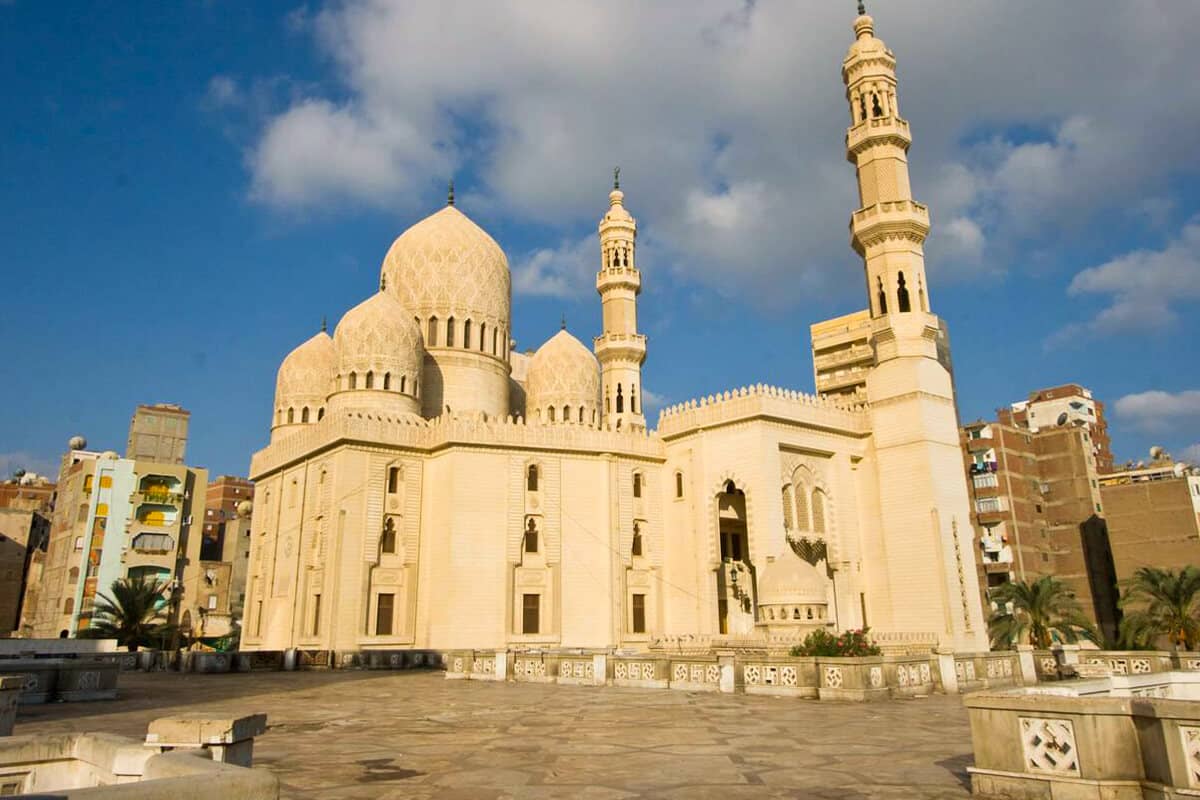
A. Exploring the historic district of El-Mansheya
El-Mansheya is a historic neighborhood in Alexandria that preserves the city’s architectural heritage. Wander through its narrow streets lined with charming old buildings, some dating back to the 19th century. Explore the local shops, cafes, and traditional eateries, immersing yourself in the authentic atmosphere of old Alexandria.
B. Highlights of the Anfushi neighborhood
Anfushi is a vibrant neighborhood in Alexandria that offers a glimpse into the city’s maritime culture. Visit the bustling Fish Market, where local fishermen bring in their fresh catches of the day. Experience the vibrant atmosphere as locals haggle and select their seafood. Another highlight is the Mosque of Abu al-Abbas al-Mursi, an architectural gem with its intricate Islamic design and peaceful courtyard. It is a place of tranquility and spiritual significance.
C. Immerse in the vibrant local souks and bazaars
No visit to Alexandria’s Old Town is complete without exploring its bustling souks and bazaars. Dive into the vibrant atmosphere as you wander through the labyrinthine alleys of Attarine Market, known for its spices, perfumes, and traditional crafts. Discover unique treasures at Souk El Hery, where local artisans sell handmade jewelry, textiles, and souvenirs. Engage with friendly merchants, sharpen your bargaining skills, and soak in the vibrant energy of these traditional marketplaces.
In summary: Embark on a journey of discovery and immerse yourself in the wonders of Alexandria. Wander through its ancient streets, delve into its history, and be captivated by its vibrant atmosphere. Explore its top attractions, savor its culinary delights, and engage with its friendly locals. Whether strolling along the Corniche, exploring the old town, or discovering hidden gems, Alexandria promises a memorable and enriching experience that will leave you with cherished memories and a deeper appreciation for Egypt’s historical and cultural heritage.
If you want to cruise through Nile River check out Egypt Nile River cruises
Don’t miss to check out our All-inclusive egypt vacation packages you can spend one day in egypt, check out in Egypt day tours


